This blog was written by Stephen Harrison (The Open University, UK) and Bertina Nyamutswa (Plan International, Zimbabwe) who are both members of the SAGE, ATL, team.
Within this blog, we reflect upon the progress and impact of embedding reflective practices at scale in Zimbabwe within the Supporting Adolescent Girls’ Education (SAGE)[i] programme’s Accelerated Teaching and Learning (ATL) component, which developed its own communities of reflective practice (CoRPs). This process has developed as the programme has progressed both in response to the needs of community educators and in response to challenges posed by Covid-19 restrictions.
The need for a responsive and adaptive approach to supporting learners:
A central feature of the SAGE programme has been to create learning environments, relationships, resources and practices, which are supportive of learners and responsive to their needs. SAGE learners share the common experience of having not experienced sustained engagement and attainment within formal learning provision. However, their needs as learners are diverse due to other mitigating factors, such as socio-economic circumstances, experiences of disability, cultural and religious views regarding the education of women.
The network of over 220 community educators within the SAGE programme is composed of volunteer qualified teachers, and they have access to a full suite of pedagogic materials specifically designed to support learners in developing literacy, numeracy, using home languages and English. However, the challenge remains in the hands of the educators to be responsive to the needs of, and to be adaptive in their approaches to supporting, learners. This has required the development of a responsive and adaptive approach to pedagogy on the part of educators.
Key to the development of a responsive and adaptive approach to supporting learners has been to support the developing of reflective practices across the SAGE educator community. We use the term ‘reflective practices’ to indicate that whilst reflection can be understood as an activity, in and of itself (reflection on action), it can also become embedded as a feature in other practices (reflection in action).
Within the SAGE programme, reflection has been designed into and encouraged within the practice of supporting learners alongside the creation of opportunities for practitioners to reflect on their work. This is a feature of a discreet training activity and provides freestanding opportunities to explore practice challenges and to support the development and sharing of knowledge and expertise amongst the educators themselves.
The SAGE ATL team has promoted reflective practices through the development of a reflective practice framework. The framework has been developed in consultation with the ATL team and in response to feedback from educators.
The two major components of the framework combine to support reflection. Emergent themes or challenges in practice provide a focal point for reflection, whilst aspects of practice provide a focus for action. The table below provides an illustrative example of how themes and aspects of practice combine to support reflection:
Table 1: Themes for communities of reflective practice
Creating communities of reflective practice (CoRP)
The framework promotes reflection at the level of the individual practitioner, as well as within and across teams at a hub and inter-hub (‘cluster’) level through the development of a communities of reflective practice (CoRP).
The establishment of inter-hub reflection has illustrated the degree to which the idea of a CoRP and the value of collobarative reflection has travelled during the programme.
The example below gathered through field observations in November 2022, illustrates the spirit of the process:
|
During the reflective process, community educators gather as an inter-hub cluster. They are discussing approaches to supporting learners who experience disabilities. Reflecting on the challenges of supporting a learner experiencing a hearing impairment, one community educator describes the challenge of engaging the learner. With the encouragement of the school buddy’s facilitation, the conversation quickly turns to colleagues articulating their own experiences and describing the approaches and resources they have utilised to engage learners with similar experiences. The focus of the reflection has moved from problem posing to problem solving. The school buddy encourages participants to articulate what they have taken from the discussion and to identify actions to commit to regarding the development practices to provide support for all learners on returning to their hubs. |
The impact of inter-hub reflection and ‘communities of reflective practice’:
Engaging in CoRP activity has brought benefits for educators, learners and the programme as a whole. A Plan International Zimbabwe District Coordinator explained:
“Sharing best practices in pedagogy has also created a lasting impact on community educators’ professional development as this has enhanced their capacity in ensuring that learners have fulfilled their learning ambitions while at the same time contributing to the learning outcomes”.
For educators
The benefits experienced by educators largely relate to an increase in educator agency in overcoming challenges within practice, including a willingness to take responsibility for finding solutions and taking action. We believe this increased agency can be attributed to two features of inter-hub reflective practice. One being the opportunity to engage in reflection on common areas of concern, or challenging practice, which contributes to an extension of the repertoire of responses and approaches available to practitioners. The second relating to an increased confidence in trying out different approaches on the basis that they been found to be effective by colleagues within the wider community practice.
For learners
Volunteers are improving their teaching skills with assistance from others, which feeds into observed improved and effective teaching and learning activities. The SAGE programme has observed a notable improvement on learners’ progress which is attributed to the effective knowledge, skill and practices of community educators through professional development activities such as these CoRPs. Reflective meetings result in improved learning and mastery of concepts, leading to community educators being able to deploy various teaching methods to ensure that no learner is left behind.
For the programme as a whole
“The CoRP activity has made a huge impact on the SAGE programme in Zimbabwe. These reflective meetings have been used as a staff development platform where community educators have been able to share best practices and evaluate the effectiveness of methodologies”.
(District Coordinator, Plan International Zimbabwe)
The development of a CoRP has also benefited from the support of district government representatives. The involvement of the Ministry of Primary and Secondary Education (MoPSE) has introduced technical assistance, which has led to the solving of individual issues related to ATL.
Whilst the SAGE programme is due to close in July 2023, it is currently in the process of transferring models such as CoRP to community leadership. It is hoped that through the establishment of a CoRP, a network of educators has been established which will sustain the ethos of the programme and provide an enduring source of support and ongoing development as community educators independently maintain support to marginalised adolescent learners.
The views in this blog represent those of the authors and are not necessarily those of the Foreign, Commonwealth & Development Office.
[i] SAGE (Supporting Adolescent Girls’ Education) is funded by UK Aid through the Girls’ Education Challenge. It is led by Plan International and involves a consortium of six partners and the Ministry of Primary and Secondary Education, Zimbabwe, enabling over 13,000 out-of-school or never-been-to school, girls and young women to return to learning.

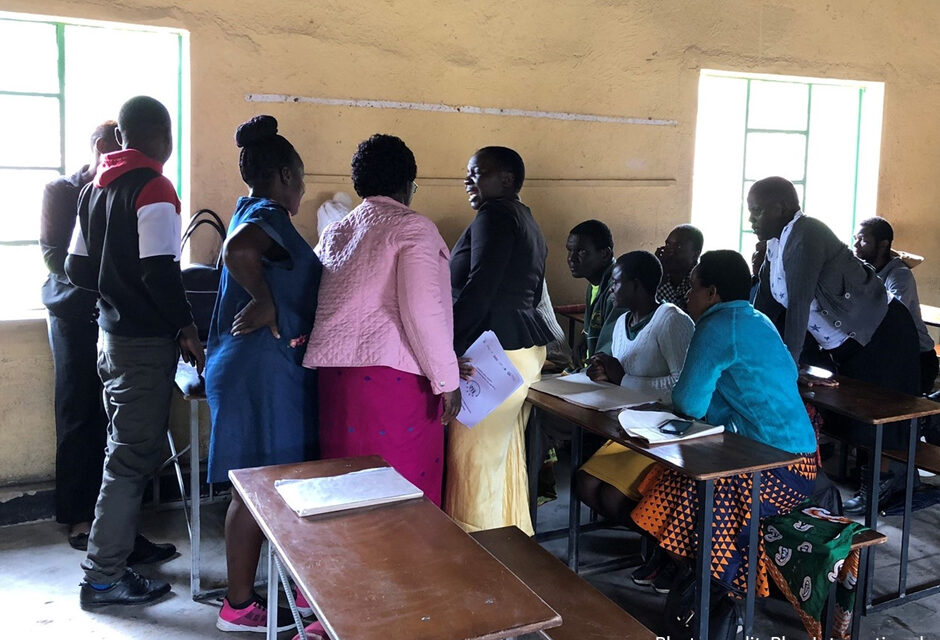
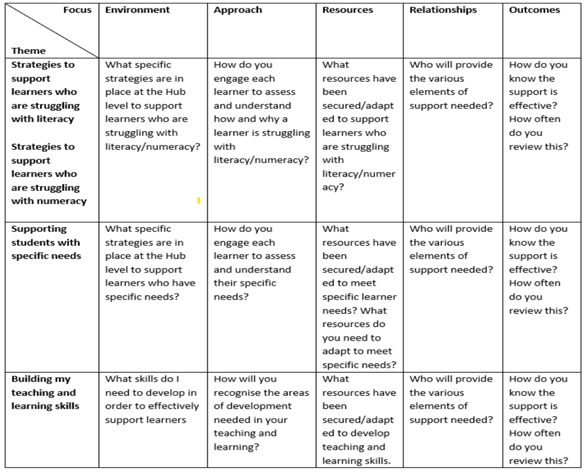
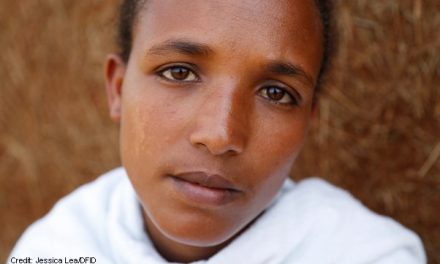

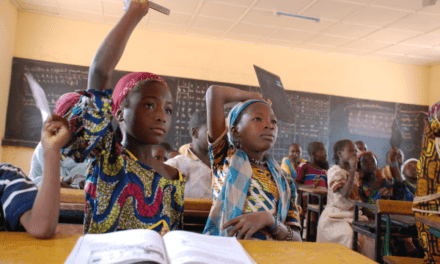
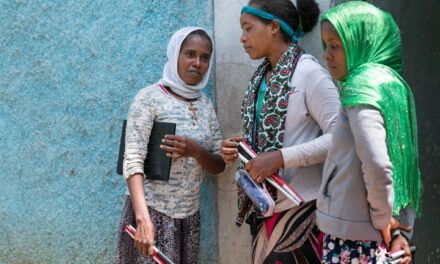
SAGE is doing a good job changing the lives of the marginalized girls in the community. we have witnessed empowerement of girls through various skills development and knowledge. Knowledge is power, when one is knowledgeable she can have the confidence to great things.
Thanks alot to SAGE.